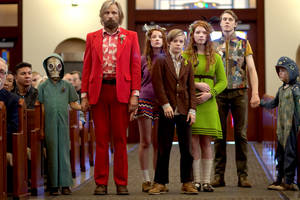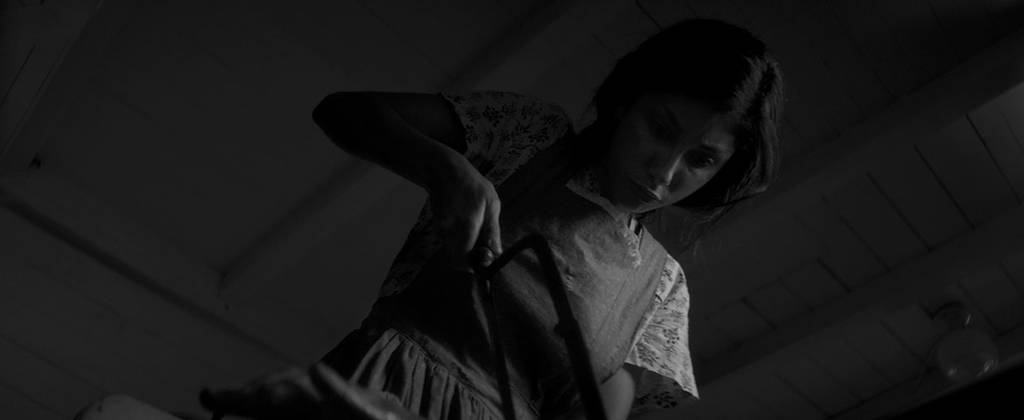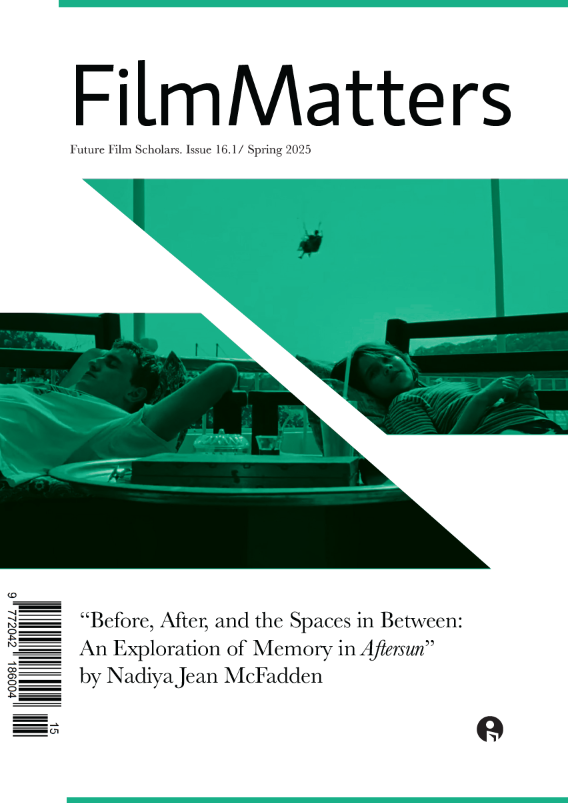Issue 7.2 of Film Matters is officially out. It’s a 2016 issue — on the theme of filmic adaptation — guest edited by Greg Chan and his undergraduate students from Kwantlen Polytechnic University.
In this issue, you’ll find the following peer-reviewed feature articles:
- A Sartrean Reading of Nicolas Winding Refn’s Driver by Vi Vo
- Adapting the Idiolect: Marion Cotillard’s Admirable Incarnation of Edith Piaf in Olivier Dahan’s La Vie en rose by Myrto Nika
- The Wasteful Semblances of David Cronenberg’s Cosmopolis by John Garland Winn
- Cobblestones and Doppelgängers: How Gothic Literature Contributed to the Dawn of Film Noir by Brandon Latham
- Frank-N-Furter or the Modern Gothic: Adapted Subversion in The Rocky Horror Picture Show by Shaun Soman
The following featurettes:
- The Mother, the Son, and the Psycho: Exploring Family Dynamics in Bates Motel by Melissa Houghton
- Alfred Hitchcock: The Adaptor by Neil Bassan
- Cinderella (2015) by Irene Halliday
- The Theory of Everything (2014) by Fraser Readman
- Guy Maddin’s My Winnipeg: The Criterion Collection Blu-ray Edition by Mathew Fabick
- Unveiling the Truth at the KDocs Film Festival by Ann Soo-Yeon Kim and Rachael Ransom
As well as book and film/DVD/Blu-ray reviews by: Abigail Anundson, Paige Blankenship, Jackson R. Gentry, Travis Richard Merchant, Tanner Methven, Karsu Nalbantoglu, Brianna Okamoto, Lydia Plantamura, Cristina Ruiz-Poveda, Chance Saller, Rachel Wassil, and Austin Wellens.
For more information about issue 7.2, please visit Intellect’s website: http://www.intellectbooks.co.uk/journals/view-issue,id=3186/
Film Matters is always looking for new authors and guest editors. Please get in touch with us today!
 The American Short Film Awards recently announced their 2016 winners:
The American Short Film Awards recently announced their 2016 winners:












































